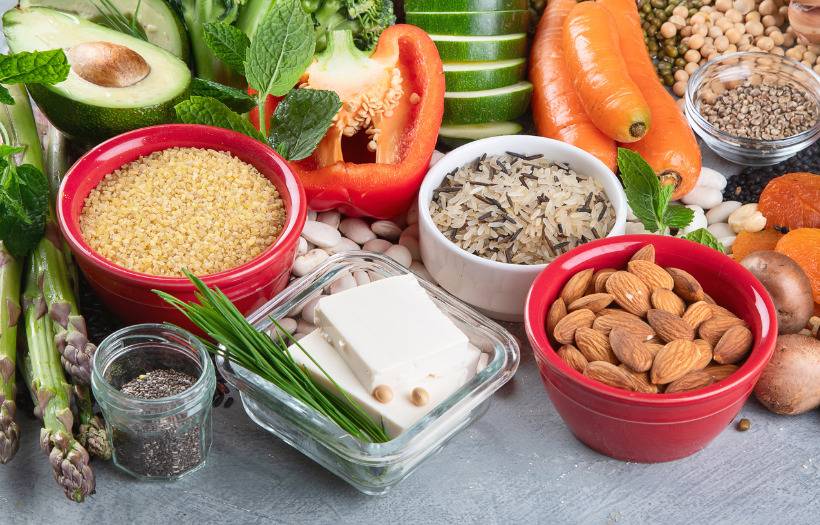Posts by Caitlin Stewart
Flour Fortification: Changes to The Bread and Flour Regulations post BREXIT.
The UK is renowned for having long-standing historic bread and flour regulations. Since the UK left the EU after Brexit, the key piece of legislation affecting such products, ‘The Bread and Flour Regulations (1998)’ was amended through the ‘Food Regulations 2021 – Amendments and Transitional Provision’. In this blog, we discuss the regulations, the challenges…
Read MoreDeposit Return Schemes (DRS) for food packaging in the UK and EU
With many different regulations on recycling and waste reduction out there, it can be confusing – and let’s face it, hard work – to make sure each product is compliant with the rules of the country it’s to be sold and marketed. Janet Dalzell, senior regulatory advisor at Ashbury, shares insights into deposit return schemes…
Read MorePromoting Sustainability – Is Your Front of Pack Doing You Justice?
The sustainability agenda is continuing to change the way consumers buy, what they buy, and who they buy from. Are you demonstrating your commitment clearly to those that matter most? The UK Government Sustainable Development Commission has defined sustainability as: “development that meets the needs of the present, without compromising the ability of future generations…
Read MorePlant-based & Vegan: Are you really ready?
With the plant-based and vegan markets continuing to thrive, many more food businesses are considering new lines to expand their reach — but do you know the differences between plant-based and vegan? Here are our labelling compliance experts’ top tips for ensuring your products are compliant. What is the difference between plant-based and vegan? The…
Read MoreVegan Cheese Ban: Should UK consumers be worried about a similar action here?
Following news of Turkey’s vegan cheese ban and a similar ban on meat-like terms on plant-based products in South Africa, we turn to our regulatory experts to break down the myths and misconceptions of the decision, and what it means for brands and innovators in this arena. In July, the Turkish government announced a ban…
Read MoreInternational Week of Happiness at Work
This week is international week of happiness at work. As a people-led business, it’s an important date in the Ashbury calendar and one that we try to celebrate each year. But what is happiness? How can we foster a happy workplace? We asked our HR team and our colleagues to share their thoughts… The state…
Read MoreEU Food Regulations and Mutual Recognition – Helpful Organisations
The Mutual Recognition scheme is designed to make the movement of goods easier for businesses. In our previous blog, we outlined the purpose and rules of the Mutual Recognition principle, shining the spotlight on the notion that each nation within the EU has its own national laws which must be considered to successfully enter these…
Read MoreTriman Logo and Sorting Instructions in France
A regulation recently introduced in France means that businesses exporting to the country will now have to include sorting instructions on all packaging to accompany the Triman logo. Here we share an overview of the rules to help businesses prepare. What is the Regulation? From 1st January 2022, signage obligations (as specified in the French…
Read MoreMutual Recognition Principle – The Reality of the EU’s ‘One-Market’
With 27 Member States and millions of potential consumers, the European Union (EU) offers ample opportunity for food manufacturers and retailers. Trade in this region is governed by the Mutual Recognition Principle; in this blog, Ashbury’s EU and German food regulatory consultants delve into the detail of mutual recognition and its impact on the labelling…
Read MoreReg Update: France issues Decree regarding the labelling of products made with plant-based proteins (now suspended)
France has published a Decree formally banning meat names both legal and customary from being used on processed food made from plant proteins. This means plant-based protein alternatives produced in France cannot use a name that refers to: A legal definition for which no addition of plant protein is provided in the rules for composition …
Read More









